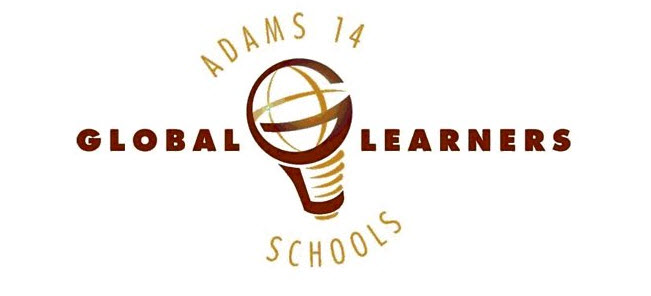 The results of a survey completed by the University of Indiana School of Education released today reports that high school students (read a summary here). The team surveyed 81,000 students regarding their opinions of high school and found that students were generally bored because they disliked the material and experienced inadequate teacher interaction.
The results of a survey completed by the University of Indiana School of Education released today reports that high school students (read a summary here). The team surveyed 81,000 students regarding their opinions of high school and found that students were generally bored because they disliked the material and experienced inadequate teacher interaction.Some of the descriptives that were most compelling included:
- 75% of students reported being bored because the material was uninteresting
- Nearly 40% saw the material as irrelevant to their lives
- 60% responded that they didn't see the value in what they were being asked to do
- Students responded that activities where they learned with or form their peers to be the most exciting and engaging. 80% responded debates or discussions were exciting or engaging while 70% responded that group projects were exciting and engaging.
- Nearly 22% of those students surveyed have considered dropping out.
Students continue to send the message to educators that the methods we are choosing to deliver content or educate our students are failing. Students are also clear, they want the material to be relevant, engaging, project-based, and interactive. In addition, they want their teachers to interact with them, not simply lecture.









